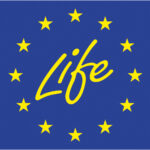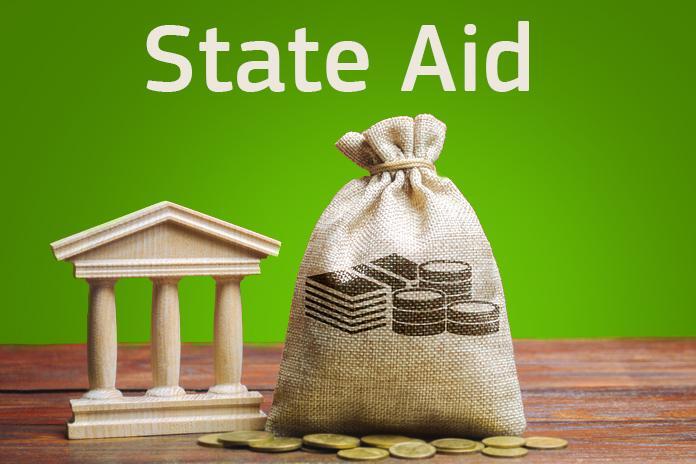To provide the best experiences, we use technologies like cookies to store and/or access device information. Consenting to these technologies will allow us to process data such as browsing behavior or unique IDs on this site. Not consenting or withdrawing consent, may adversely affect certain features and functions.
• Page and file requests are generally logged on the server for 14 days.
• Entries in forms are processed electronically by us. Personal data in the forms used to respond to your enquiry ((pre-)contractual communication in accordance with Art. 6 Abs 2 lit b GDPR) is processed.
• Your data protection decision is stored in cookie complianz in your browser for 90 days.
The technical storage or access is strictly necessary for the legitimate purpose of enabling the use of a specific service explicitly requested by the subscriber or user, or for the sole purpose of carrying out the transmission of a communication over an electronic communications network. The data processing activities undertaken by employing the use of cookies are based on our legitimate interests in providing a fully functioning website and the services requested by you (Article 6(1)(f) GDPR, Section 96 para. 3 of the Telecommunications Act). We use the following cookies: • danube-region.eu web service / WordPress (CMS): necessary to transmit messages and provide the services requested by you. • Cookie consent: this cookie stores the settings you have made as a user in this cookie consent process. • Session cookie: Necessary to uniquely identify your session and, if necessary, to store settings you make on the website or, for example, in a form.
The technical storage or access is necessary for the legitimate purpose of storing preferences that are not requested by the subscriber or user.
The technical storage or access that is used exclusively for statistical purposes.
The technical storage or access that is used exclusively for anonymous statistical purposes. Without a subpoena, voluntary compliance on the part of your Internet Service Provider, or additional records from a third party, information stored or retrieved for this purpose alone cannot usually be used to identify you. Google Analytics (GA): Google LLC (USA) registers a unique ID that is used to generate statistical data on how visitors use the website. ExactMetrics: MonsterInsights LLC (USA) is a Google Analytics plugin for WordPress websites that simplifies the process of setting up and viewing Google Analytics data directly within the WordPress dashboard.
Posts on this website may contain embedded content (e.g. videos, images, posts, etc.). Embedded content from other websites behaves exactly as if visitors had visited the other website. These websites may collect data about you, use cookies, embed additional third-party tracking services and record your interaction with this embedded content, including your interaction with the embedded content if you have an account and are logged in to that website.




